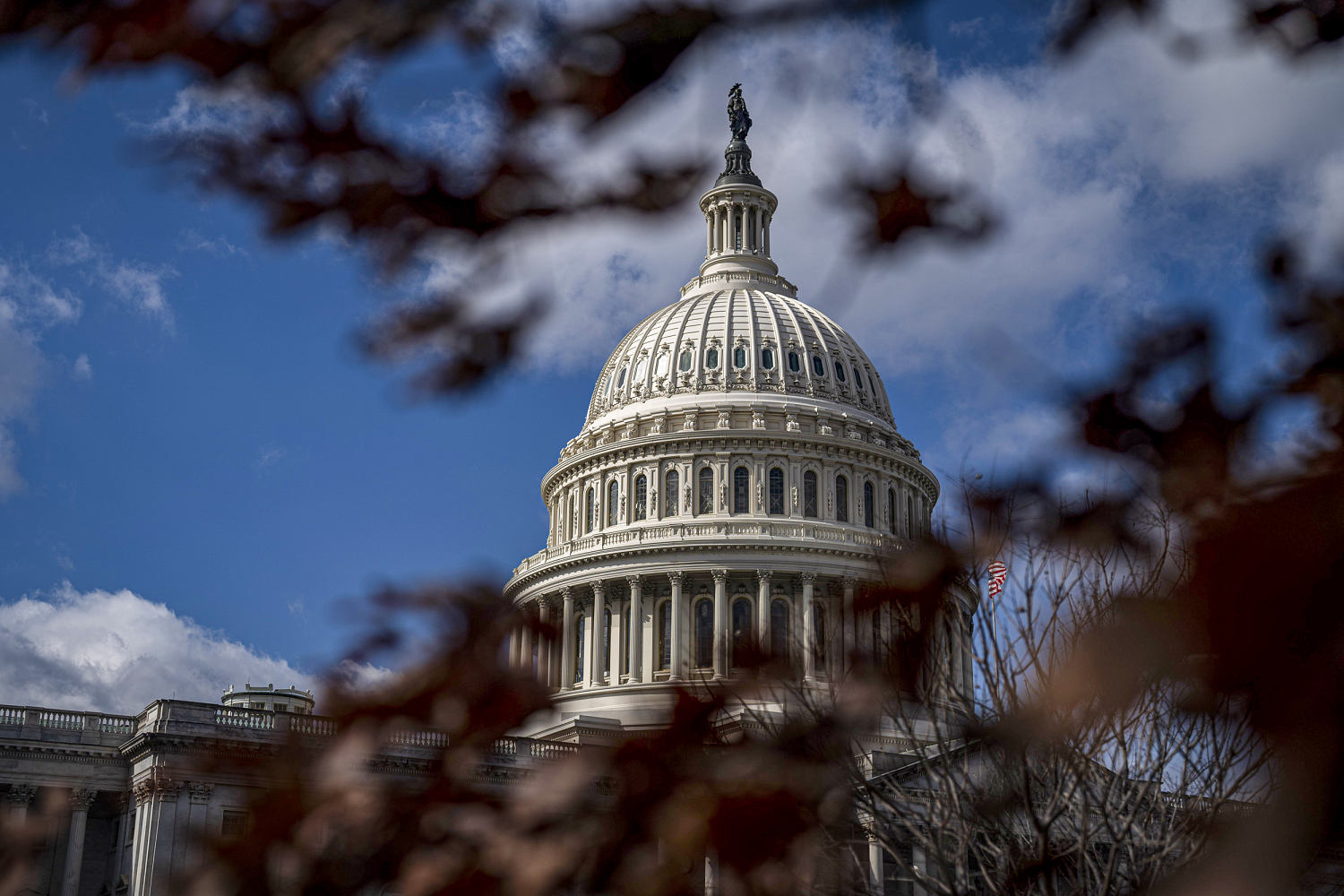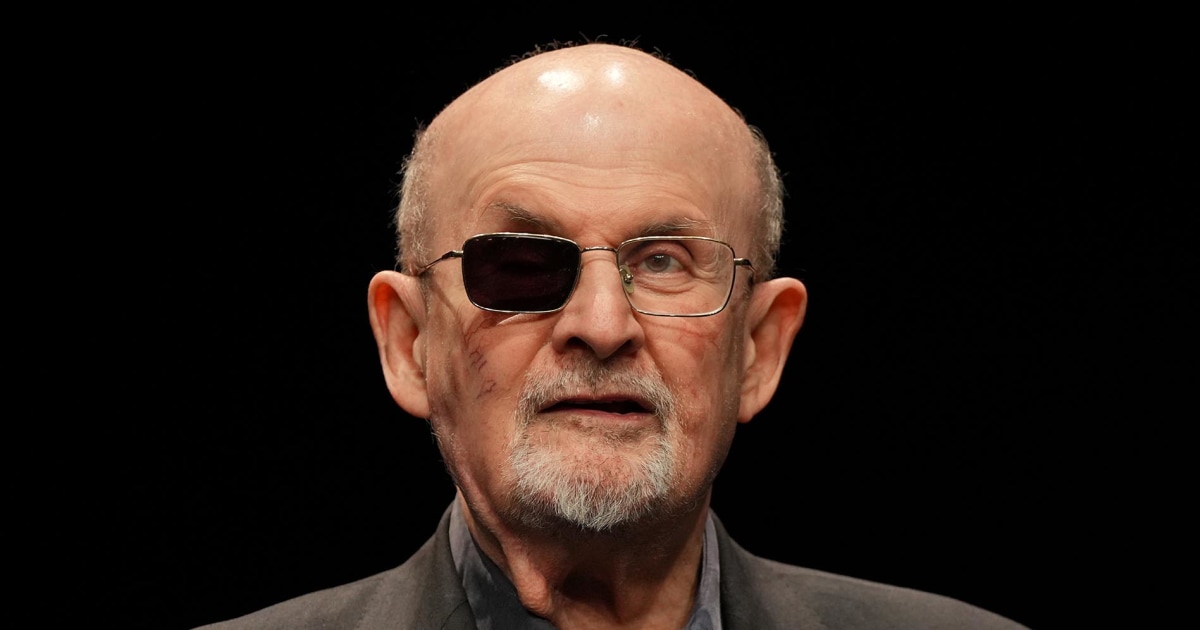
President Donald Trump’s push to shut down the U.S. Agency for International Development and remake the federal workforce is causing whiplash for those who recently entered it hoping for long, stable careers in public service.
Krisna Patel, 23, said she filed for unemployment insurance last week after getting laid off from her job at a program partly run by USAID. She’d worked there for just four months after earning her master’s in public health from Oregon State University last spring.
“You never expect that to happen to you, especially because you’re told the federal government is safe and that you have job security and great benefits,” she said.
Patel was among the full-time contractors who were let go in recent weeks after the Trump administration paused foreign assistance funding for 90 days, citing a need to perform an “assessment of programmatic efficiencies and consistency with United States foreign policy.”
You’re told the federal government is safe and that you have job security.
Krisna Patel, 23, former pepfar employee
Earlier this month, the administration moved to shut down USAID, the agency at the heart of the nation’s humanitarian work abroad, and put thousands of staffers on administrative leave. A federal judge temporarily halted that action Friday, and court rulings this week have slowed other White House efforts to slash the federal workforce.
But for the many contractors and workers at USAID-funded nongovernmental organizations who’ve already been furloughed or laid off, the pause won’t help. Friday’s ruling allowed a recent State Department freeze on foreign aid funding to continue while a hearing takes place Wednesday.
Meanwhile, the White House is also targeting so-called “probationary” government staffers for cuts and furloughs, many of whom are early-career hires working in trial periods that make them more vulnerable to dismissal.
“Now I have to pay rent, and I have to pay my bills with limited income and whatever is left in my bank account,” Patel said, adding that she’s applying to all sorts of jobs, including in the private sector. “I’m figuring out, like, how much money do I have left to survive here?”
Young people who are drawn to work in government and other federally backed public service organizations often accept financial tradeoffs for the chance to make an impact. Government employees tend to make 17.6% less than similarly educated private sector workers, according to the Economic Policy Institute, a left-leaning think tank. Factoring in government benefits, the difference is still 14.5%, the group found.
“At the end of the day, the work that we’re doing is helping people, and it is bringing our country one step closer to what we want to see us be,” said Patel, who worked for the U.S. President’s Emergency Plan for AIDS Relief (PEPFAR), a multi-agency program launched by George W. Bush in 2003 that supports health workers delivering HIV-related care in more than 50 countries. “It’s absolutely disheartening to hear voices, especially our current administration, say that federal workers are not putting up what’s expected,” she said.
Rowan Travis, 25, isn’t surprised he was laid off from his contracting role at the State Department on Jan. 27. During his final week, he said, he’d rushed “pedal to the metal” to get work done to help his team in case he was let go.
“I was actually told several times that it was likely my position was going to be removed,” he said.
Travis had been a foreign assistance coordinator for Papua New Guinea, which involved analyzing how U.S. funding was meeting strategic objectives there. As a contractor, he said, he recently secured a coveted job offer to join the civil service as a direct hire at the State Department but had that offer rescinded because of the federal hiring freeze executive order Trump signed on his first day in office.
Leaving work for the last time on the 27th felt “awful,” Travis said. “Even if you know that everybody around you knows that it isn’t your fault, it’s still not a good feeling to be walked out of your own office and have to say goodbye.”
Travis is now facing a sturdy but slowing job market saturated with young professionals. He fears opportunities will be limited, so he’s looking at jobs in both the public and the private sectors. The upside, he said, is the support he’s been getting from peers in a similar situation.
As USAID’s signage was stripped from its headquarters in Washington, D.C., on Friday, the effects of the foreign aid freeze have reverberated through government agencies, as well as the organizations funded by them.
I don’t see a lot of opportunity working for the federal government in the future
Randy Chester, vice president, American Foreign Service Association
In December, Zack Forrester, 25, got his “dream job” at Irex, a D.C.-based nongovernmental organization focused on civic education. The job put to use his combined six years of undergraduate and graduate studies in international relations and public policy. He remembers wanting to be a foreign service officer in high school, and while he said development work is far from perfect, it’s an important means to uphold democracy around the world.
“This industry took decades to get established and now, in less than a week, it’s just been obliterated,” he said.
Forrester said his organization made deep cuts to its workforce Jan. 31. About 84% of Irex’s funding comes from the U.S. government, including USAID and the State Department. Forrester has a support system in the form of family and friends but said making ends meet in Washington will be tough.
“I feel very afraid for a lot of my colleagues and friends starting out now,” he said.
Irex didn’t respond to a request for comment.
Randy Chester, vice president of the American Foreign Service Association, which represents foreign service officers, fears many young people in the field will decamp to private businesses, diverting an important part of the public sector talent pipeline. USAID had been promoting the foreign service to younger people through fellowships and other programs.
“They’ll definitely be leaving federal government work,” Chester predicted. “I don’t see a lot of opportunity working for the federal government in the future.”
He said he’s been getting more than 50 emails a day lately from American Foreign Service Association members, including those in their 20s, voicing concerns about their immediate and long-term futures. But that newer generation hasn’t built up pensions or accumulated benefits, he said, so they’re being let go without much of a financial safety net.
Everyone that I know in this space is angry, and I would say that’s an understatement.
Aidan Rowe, 24, former church world service employee
Aidan Rowe, 24, used to spend his days helping refugees and asylum-seekers find jobs in the U.S. Now, he and more than half his co-workers at Church World Service, a global humanitarian NGO, are out of jobs themselves after being furloughed. Nearly 85% of the organization’s programs, which include disaster relief, poverty alleviation and refugee resettlement, are funded by the government.
“Everyone that I know in this space is angry, and I would say that’s an understatement,” said Rowe, who works out of a Church World Service office in Miami.
A spokesperson for the NGO said it joined a lawsuit Monday by a coalition of advocacy groups seeking to restart a refugee resettlement program that the Trump administration recently suspended.
In a statement that Church World Service released Feb. 4, President and CEO Rick Santos said the chaos of recent weeks is already impacting the beneficiaries of his group’s work: “The painful decision to furlough many of our staff means that across the country, refugee families and other legally-protected groups of newcomers will have trouble accessing health care, housing assistance, legal services, and even basic essentials like warm winter coats for their kids.”
Rowe said he’s worried about affording health insurance and living costs, but he’s determined to stay in the humanitarian field.
“It motivates me more,” he said. “It makes this work feel more important than ever.”








